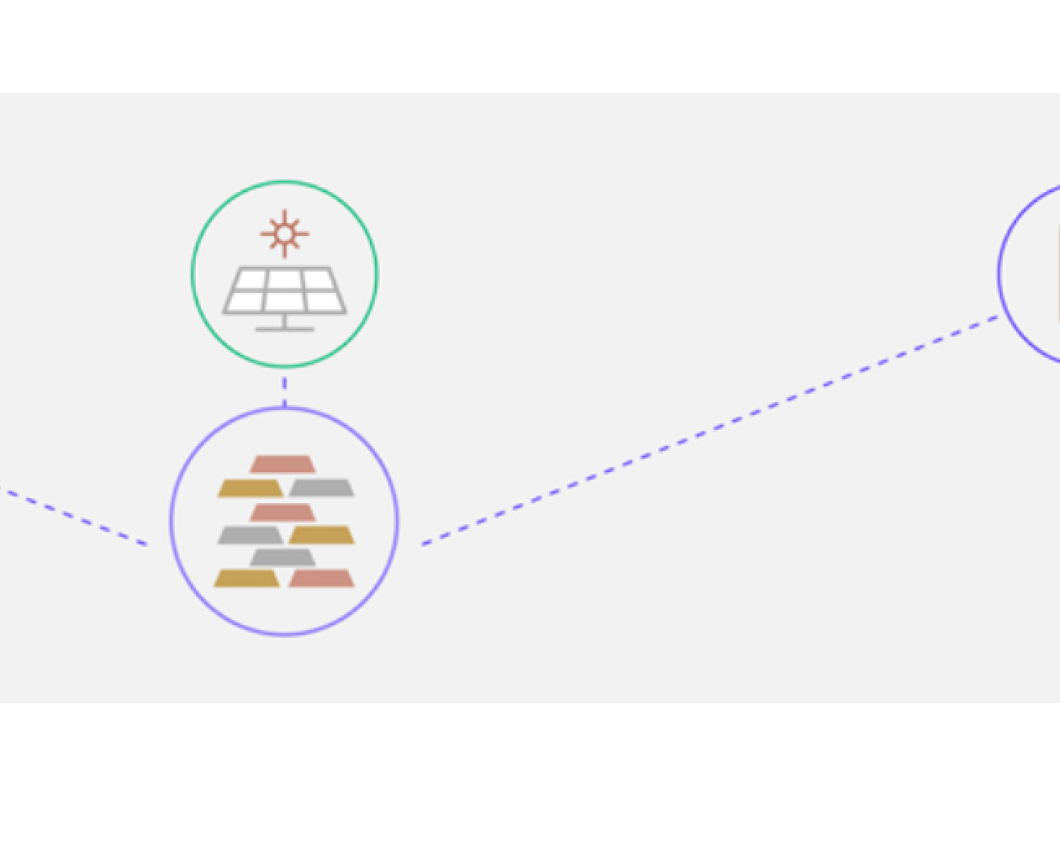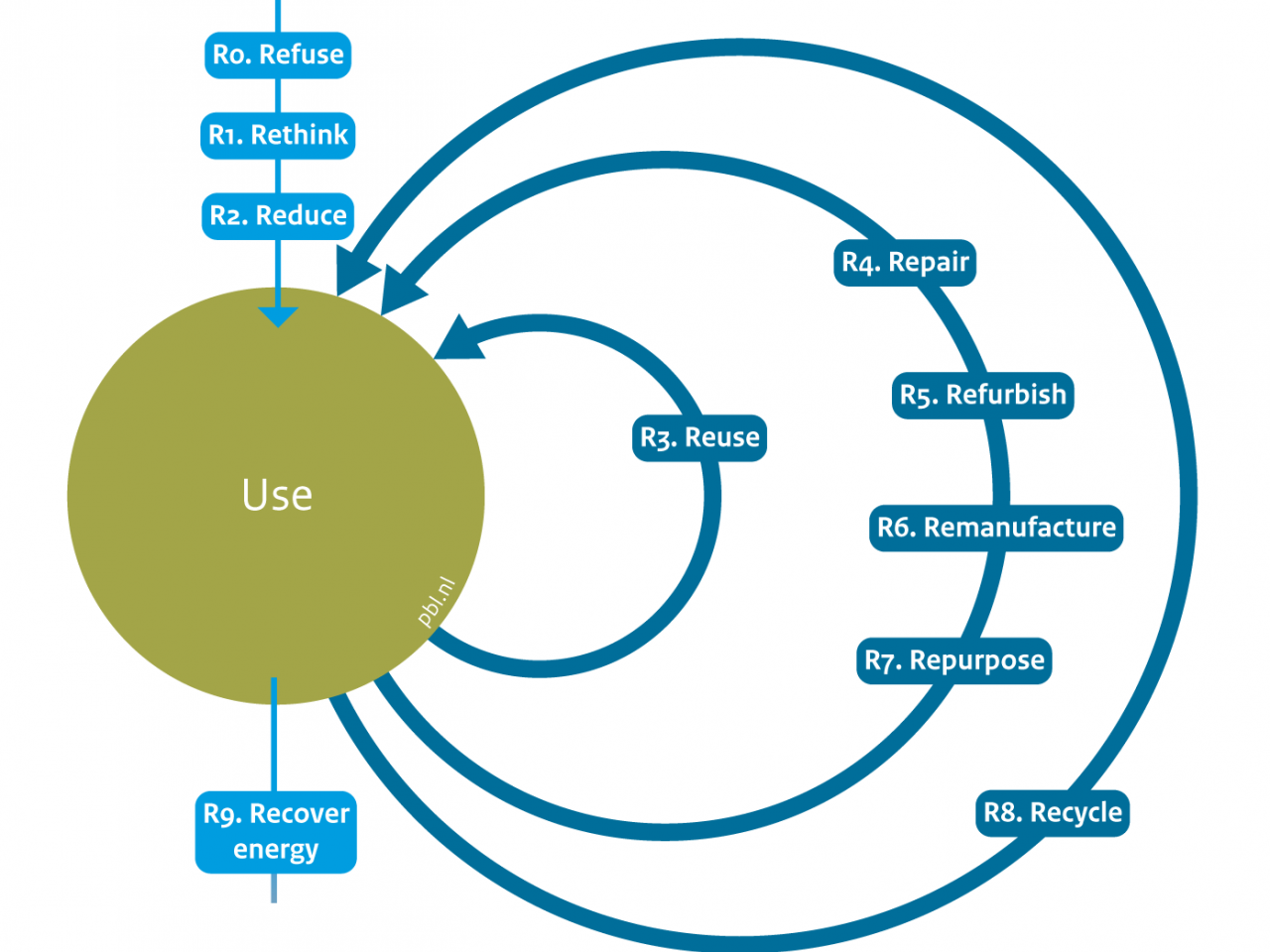The pooling and sharing of vehicles can be facilitated by online platforms which bring together supply and demand. There are many other digital innovations which can help Europe become climate-neutral and circular. Smart electricity grids, for example, use data and algorithms to balance power consumption with supply from wind turbines and solar panels, thereby reducing the need for power plants and storage batteries. Digital product passports facilitate repair and recycling. Sensors and artificial intelligence improve the sorting of waste, including scrap metals. Digital ledgers such as blockchains ensure that products and the materials they contain can be traced back to their origins, thus supporting value chain due diligence. (5) Smart cameras can even protect birds from wind turbine injuries by shutting down the spinning blades when there is a risk of collision. (6)
Data frugality
The usefulness of other aspects of digitalisation is more questionable. Do we really need a new smartphone every two years, knowing as we do that many of the metals in the phone we discard cannot at present be recycled? An upgradeable phone is so much smarter. Does watching films online in ultra-high-definition instead of high-definition – which doubles data use (7) – make our lives more fulfilling? Is a refrigerator that automatically orders more beer when it runs out a useful application of the Internet of Things or an example of wasteful excess? (8) Most of us would be glad to do without online advertisements, which are responsible for about a quarter of our data consumption when we browse the web. (9)
Data use is growing exponentially because efficiency gains in the digital sector have a strong rebound effect. As the transmission, storage, and processing of data become cheaper, new applications emerge. (10) Innovations such as 5G, connected devices, and artificial intelligence push up the demand for ICT equipment and infrastructure, from servers and routers to data cables and antennas. To prevent a resource-devouring data explosion, the EU would be well advised to adopt ecodesign rules that limit the data use of online films, videos, games, and advertisements, as well as connected devices. (11) Similar rules should prevent software from being bloated with pre-installed features that are barely used, and with updates that require excessive amounts of memory, storage, or processing power, thereby slowing down devices and pushing users to swap their old devices for new ones.
Ecodesign rules for cryptocurrencies are long overdue. Bitcoin’s method of validating transactions is a huge waste of computing power. As a result, its electricity consumption approaches that of the Netherlands (12), while Bitcoin mining hardware, which becomes obsolete roughly every 18 months, generates almost as much e-waste as the country of Luxembourg. (13)
By connecting climate justice and digital justice, we can identify measures which serve both sustainability and civil liberties. Prohibiting trade in personal data (14), personalised advertisements (15), live facial recognition cameras (16), and untargeted interception of telecommunications would drastically reduce the storage, transmission, and processing of personal data. This would not only temper data growth but also protect us from consumerist manipulation, political microtargeting, and mass surveillance. A more frugal use of data might actually improve our quality of life while at the same time preserving resources for our descendants.







Reacties
19 mei 21
Peeke Hoekstra
limits to data in the cloud
And I fear that every time an image is shared, it is stored in another person's 'cloud' also.
I think we should think of ways to set limits to the amount of data each can store.
Can we limit the amount of stored data at individual level (loss of privacy?), at account level (then how to limit the number of accounts per individual?), at physical machine level or by restricting or decouraging sharing?
01 juni 21
Richard Wouters
data in the cloud
Most cloud storage services already set a limit on the amount of gigabytes that a user can store for free.
Finally, individuals, companies and governments could take part in Data Deletion Day: https://deletionday.com